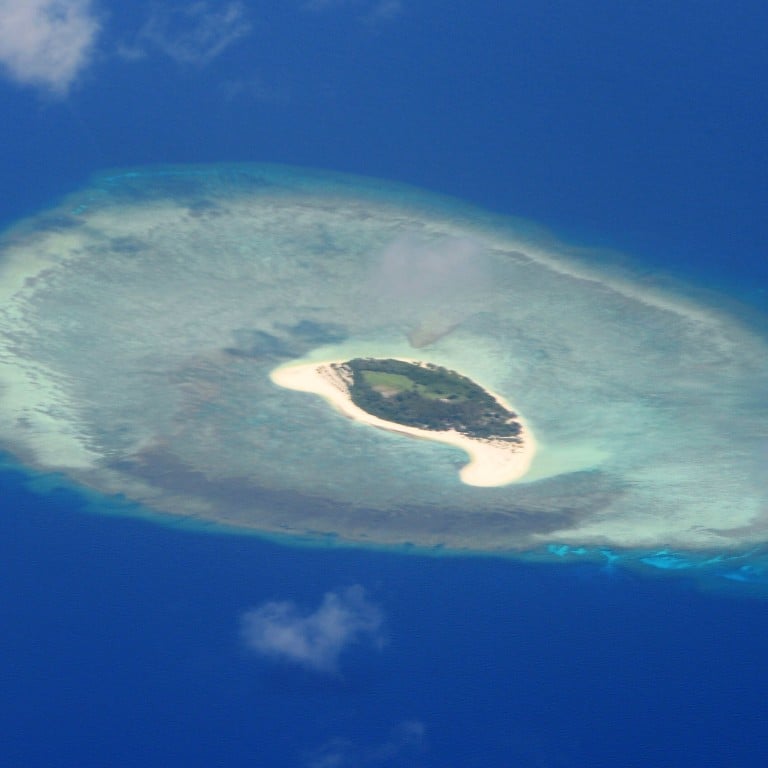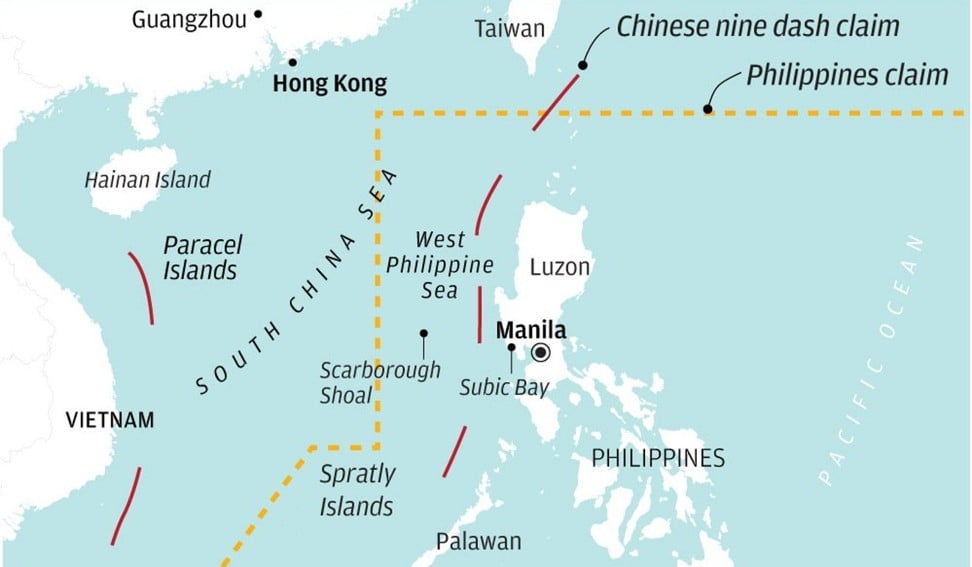
Officials from Philippines, China to meet on stalled South China Sea joint oil exploration deal: senator
- Foreign affairs and energy officials from Beijing and Manila are looking to break the impasse on the deal, according to Senator Sherwin Gatchalian
- Negotiations had foundered over which country’s laws should govern exploration activities in the Reed Bank, where they have overlapping claims
There had been an impasse during the October 2019 meeting in Beijing over “how to move forward and which laws should govern over the joint exploration”, Gatchalian said, quoting Philippine Department of Energy officials who had given him an informal briefing.
“Of course our side, especially the Department of Energy, is citing that [the Reed Bank area] is within our exclusive economic zone, therefore our laws should govern it,” the senator said. “I think that was the impasse because the Chinese side did not agree on that.”
Duterte’s 3-year drug war has seized just 1 per cent of Philippines’ crystal meth: Robredo
The same legal impasse had stopped a proposed oil exploration deal in 2011 between Beijing and the administration of former president Benigno Aquino III.
State-owned China National Offshore Oil Corporation (CNOOC) was Beijing’s official representative for the second group.
Gatchalian said a successful deal would send a strong message to the world that “we can find a commercial solution that will favour or benefit both countries despite the geopolitical issues. We can show the world and our people that we are working together.”
A Chinese crime wave hits Duterte’s Philippines as Pogos grow unchecked
In a memorandum of understanding signed in 2018, both countries agreed the proposed joint oil exploration deal would not mean either side would drop their sovereignty dispute in the South China Sea, where they have overlapping claims.
He has since pressed pause on any move to set aside the ruling, nor has he replied to Chinese President Xi Jinping’s offer of a 60:40 deal – in favour of Manila – on oil and gas resources under the joint deal in exchange for setting aside Philippine claims in the disputed waterway.

Gatchalian “strongly suggested” that the proposed oil exploration deal follow the service contract arrangement between Manila and the operator of the Malampaya gas field, which sees the Philippine government own all oil and gas reserves extracted.
The field, operated by Shell Philippines Exploration, supplies 40 per cent of the energy needs of the island of Luzon, where the capital Manila as well as the country’s premier business and manufacturing districts are located.
Philippines’ dismal Pisa scores spark soul-searching over state of education
Gatchalian also said the Senate energy committee would not have to review the deal should it see China, through CNOOC, come on board as a service contractor. “But, for example, if the arrangement is outside the governing laws of the Philippines, then we will have to review not only the geopolitical issues but also to see what kind of share the Philippines will get.”
Sealing the deal is one of the main goals of Huang Xilian, China’s new envoy to the Philippines. The veteran diplomat on January 3 met Philippine foreign affairs secretary Teodoro Locsin Jnr for discussions including oil and gas development and major infrastructure projects, according to a Chinese embassy statement.


